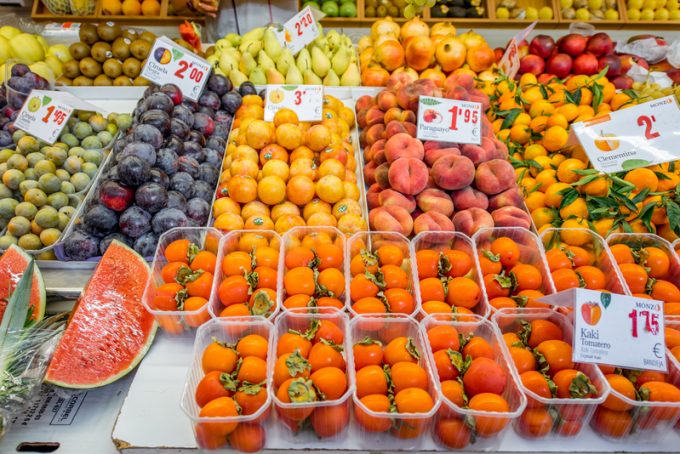Conf call redux: does Kuehne + Nagel know its toys from its teus?
Yo bro, where’s the growth?

Can there be a common handling standard for pharmaceuticals, seafood, fruit and flowers?
Two industry bodies representing pharmaceutical and consumer perishables think there is enough common ground to harmonise cool chain processes and improve operations, enhance visibility and reduce performance irregularities.
The Cool Chain Association (CCA), made up of firms involved in supply chains of temperature-sensitive goods, and Pharma.Aero, a cross-industry collaboration platform for life science logistics, have signed an MoU “to harmonise cold chain processes” for pharmaceuticals and consumer perishables.
They plan to collaborate and review projects, then recommend processes and guidelines for handling and transport.
Stavros Evangelakakis, CCA chairman and head of global healthcare at freighter airline Cargolux, said: “We believe we can achieve so much more through cross-industry collaboration than we ever could working independently.”
Ultimately, the two groups believe, this should lead to simplified operations and improved handling, a reduction of waste through better visibility and increased profitability as a result of more efficient processes.
A key component of their joint work will be comparing critical control points in their respective supply chains, using IATA’s CEIV protocols as benchmarks to identify shared standards.
Daniela Vial, director of product development at LATAM Cargo, welcomed the initiative. he said: “Looking for ways to standardise and the opportunity to leverage the best practices and lessons learned from each industry, the processes and protocols defined in the [IATA] Perishable Cargo Regulations and Temperature Control Regulations help provide clear guidelines for handling, monitoring and tracking these sensitive shipments, reducing risks and ensuring compliance with industry regulations.
“This collaboration enhances the quality of services, increases efficiency by simplifying processes and helps provide a sustainable approach to the transport of this type of cargo.”
She added that the project was aligned with some activities of the perishables and healthcare working groups under IATA’s Live Animals and Perishables Board.
From the vantage point of perishables forwarders, there would be benefits, but also concerns, noted Chris Connell, president, perishables North America, of Commodity Forwarders, a Kuehne + Nagel company. It would be helpful if carriers and handlers could tackle process improvement with everybody on the same page, he suggested.
The discrepancy in yields and the related affordability of certain measures could be a problem. Pharmaceuticals can absorb higher logistics costs that are beyond consumer perishables. If a consumer finds the price of a fruit he intended to buy too high, he will trade down to a different fruit, he pointed out.
“There are price hurdles in the perishables market,” he said. “The concern is that you could end up with rules that price certain items out of the process.’
As such, he says, he looks to the initiative to produce best practices that involve less investment, not “bells and whistles” that would raise costs.
“Handling produce is pretty much block and tackle. Anything that can enhance this, for example by introducing double checks, would be helpful,” he said, added that ultimately, the result should be less wastage and improved productivity.
Both the CCA and Pharma.Aero are rooted in the air cargo sector, with strong contingents of airlines and airports in their memberships. But Mr Connell is not worried that this could result in solutions disproportionately driven by the needs of them, with less attention to the interests of forwarders.
“I think the pharma industry has done a good job of including forwarders and looking for tripartite solutions,” he said.
He suggested that the CCA and Pharma.Aero should reach out to other industry bodies to provide input, such as national forwarder organisations, which should help ensure broader adoption of the processes and guidelines the initiative aims to develop.
Comment on this article